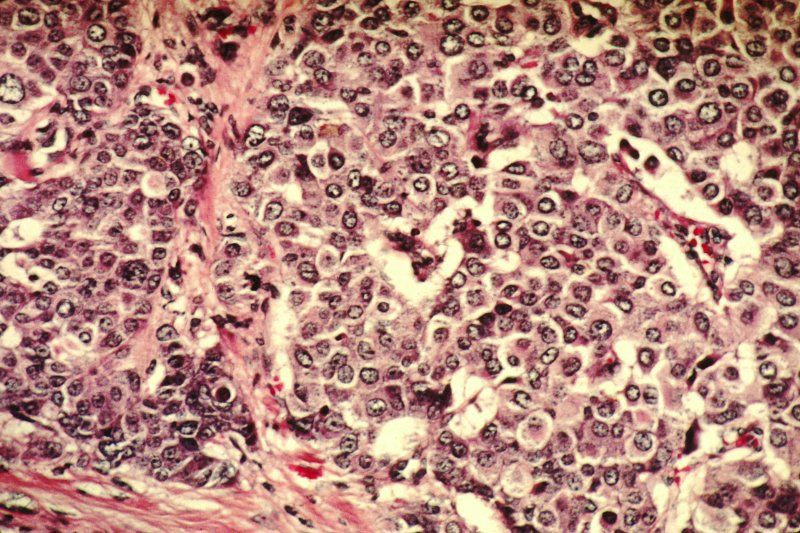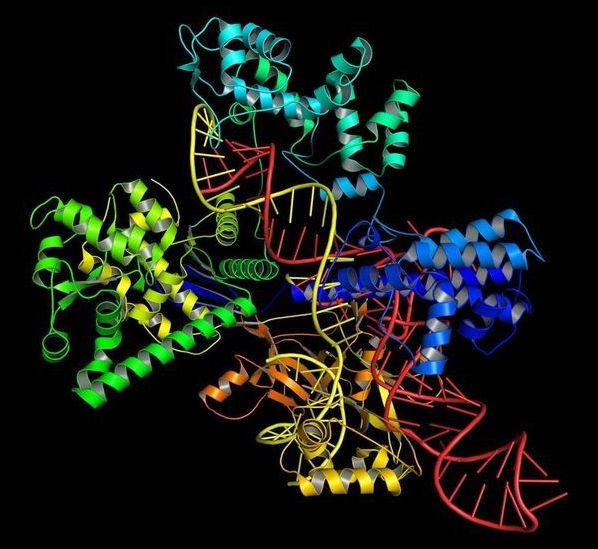Exceptional longevity: the hunt for associated factors has concentrated on #genomics and biomarkers. What has been missed? Optimism. And it’s dose-dependent.
Researchers from Boston University School of Medicine (BUSM), National Center for PTSD at VA Boston Healthcare System and Harvard T.H. Chan School of Public Health, have found that individuals with greater optimism are more likely to live longer and to achieve “exceptional longevity,” that is, living to age 85 or older.
Optimism refers to a general expectation that good things will happen, or believing that the future will be favorable because we can control important outcomes. Whereas research has identified many risk factors that increase the likelihood of diseases and premature death, much less is known about positive psychosocial factors that can promote healthy aging.
The study was based on 69,744 women and 1,429 men. Both groups completed survey measures to assess their level of optimism, as well as their overall health and health habits such as diet, smoking and alcohol use. Women were followed for 10 years, while the men were followed for 30 years. When individuals were compared based on their initial levels of optimism, the researchers found that the most optimistic men and women demonstrated, on average, an 11 to 15 percent longer lifespan, and had 50–70 percent greater odds of reaching 85 years old compared to the least optimistic groups. The results were maintained after accounting for age, demographic factors such as educational attainment, chronic diseases, depression and also health behaviors, such as alcohol use, exercise, diet and primary care visits.







